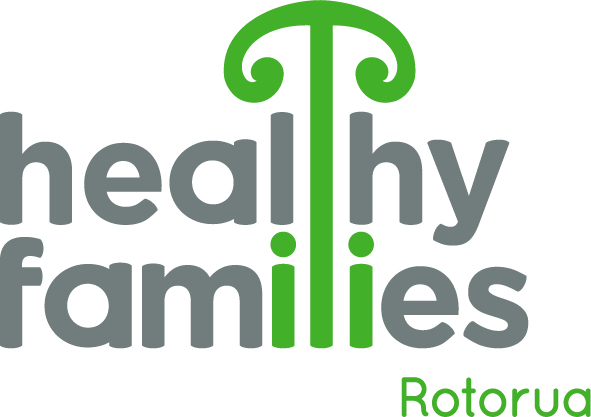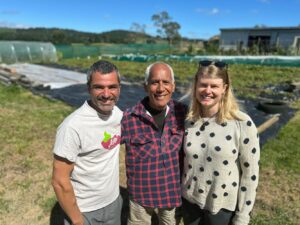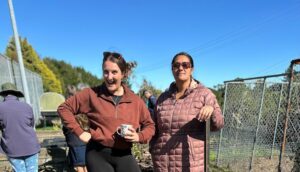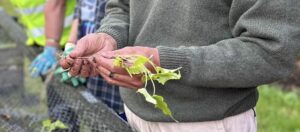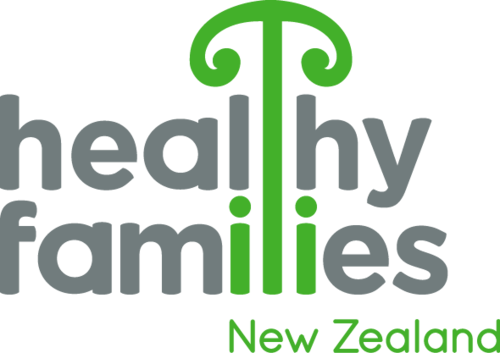Matariki, the celestial marker of the Māori New Year, which has been celebrated across Aotearoa throughout July will become an official public holiday.
New Zealand Government announced earlier this month that from next year Matariki will become the first public holiday recognising Te Ao Māori tikanga and practices.
Healthy Families Rotorua wants to acknowledge the efforts of those on the ground who have been elevating Mātauranga Māori, which Cabinet Minister, Peeni Henare, concedes is at the core of making Matariki a new public holiday.
“Matariki is more than just a public holiday. Our celebration of the new public holiday will be informed by key values such as unity, sharing, feasting, coming together, and environmental awareness,” Peeni Henare said.

This visible systems change is also being driven at a local level with Te Wharekura o Ngāti Rongomai becoming the first school to align its academic year with the Maramataka Māori.
Ngāti Rongomai parent, Moewaka Te Rangi, welcomes the systems changes, saying the revitalisation of tikanga practices is part-and-parcel of the lifestyle her whānau is leading.
“As a māmā, to be involved with such a beautiful kaupapa is a real privilege and I feel blessed to experience it with my tamariki. Going into the future, it’s drawing from our tupuna knowings and making them alive today.”
Moewaka and her whānau attended the Hautapu ceremony hosted by Te Arawa Whānau Ora Collective, where the Whānau Ora workforce, whaiora and local community, celebrated and welcomed the Māori New Year.
For more please watch Moewaka Te Rangi on Hautapu and Mātauranga Māori 2021
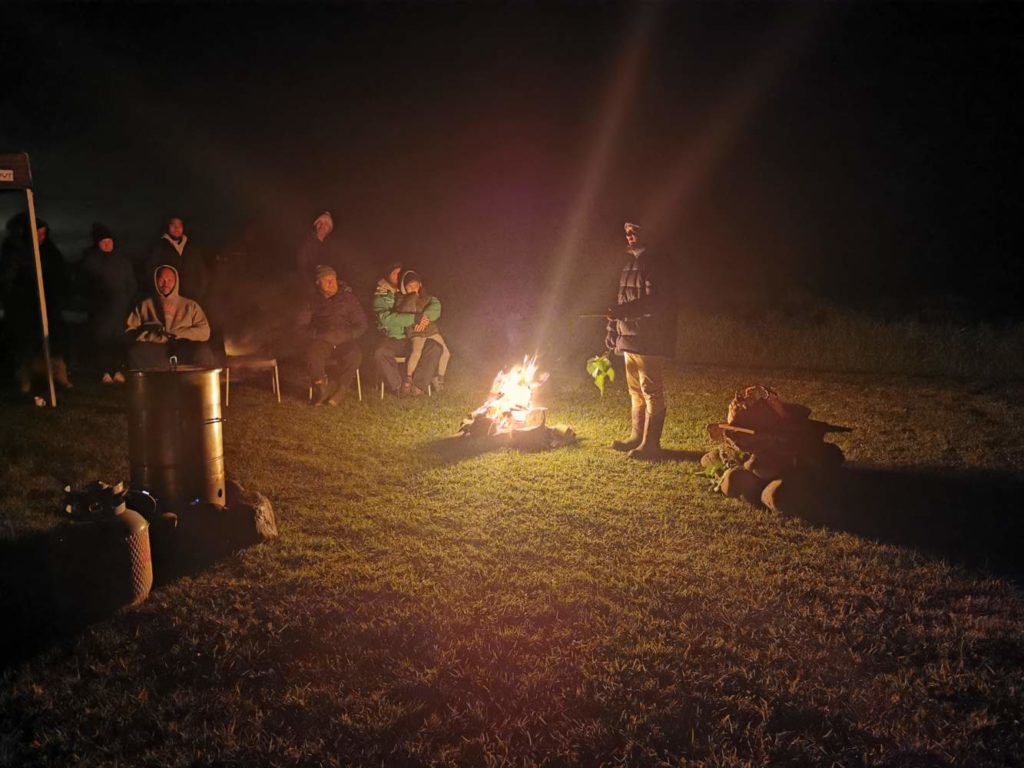
Te Waata Cribb on Matariki and Mātauranga Māori 2021
Newly appointed Kurupā Paiaka, Paora Te Hurihanganui, says the ceremony acknowledges more than a thousand years of knowledge that has sustained the health and wellbeing of Māori, including Te Arawa.
“Reverse innovation from a systems approach is hugely important and that’s where we talk about the macro, micro and the meta-leadership needed.
Te Hurihanganui believes good models of health and wellbeing can be seen in Mātauranga Māori; through whakapapa or genealogy and pūrākau or cultural narratives.
“It’s 1,000 years ago – probably even longer – that our tupuna and even other cultures were innovators in this space. If they carried that and we’re the survivors of that 1,000 years in the future, we can’t make any other decision than to use that knowledge, use our mātauranga.”
For more please watch Paora Te Hurihanganui and Māori systems regeneration 2021
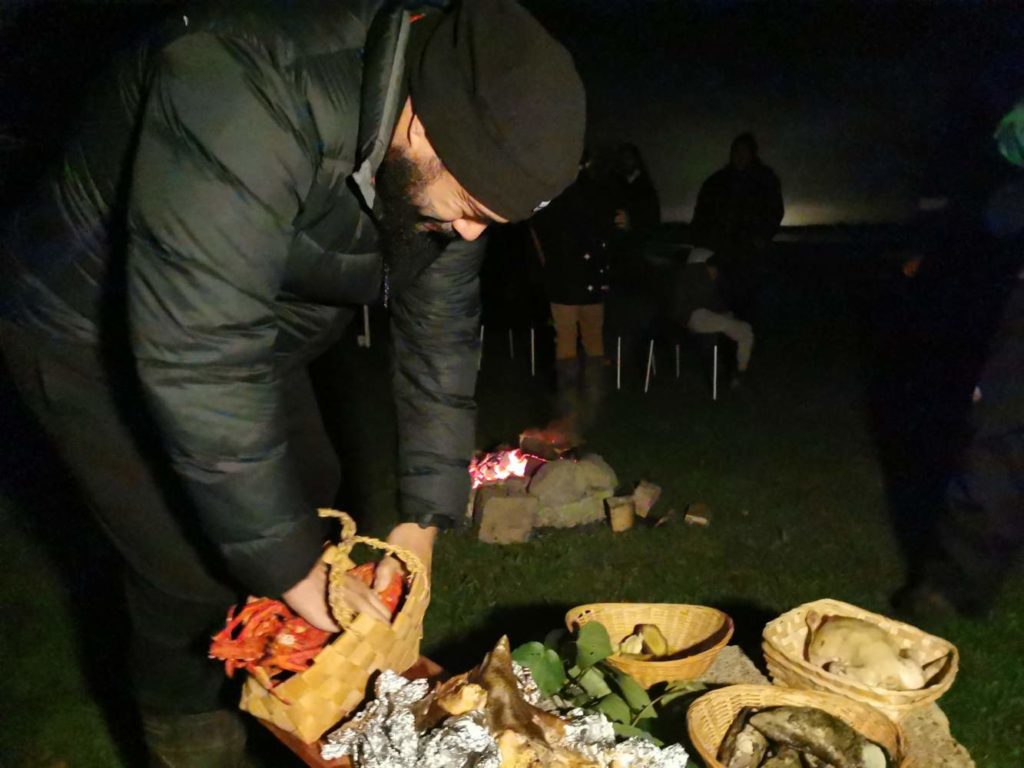
Hautapu is a feast dedicated to Matariki constellation
Māori systems strategist and Lead systems innovator Jade Kameta says it’s a sign of the work local and national champions are doing in Maramataka.
“Five years ago, from a systems level Healthy Families Rotorua, Te Kāhui Māori – Healthy Families NZ were introduced to Maramataka. Through design, collaboration and leadership we’ve seen the development of a Te Arawa community of practice called Ngā Pātaka Kōrero.”
More than five Matariki ceremonies were held, including Te Hautapu Tuatahi a Ngāti Pikiao – with a collective of iwi, hapū, marae and kura celebrate Te Mātohi o Te Tau – Māori New Year.
It was also a first to have a Matariki ceremony on Mokoia Island with an appearance by Mayor Steve Chadwick at Te Umu Kohukohu Whetū ki Mokoia – a collaboration by Toi Tangata, Te Puni Kōkiri, Living by the Stars, Te Mātāwai, iKōrero and Hīkina.
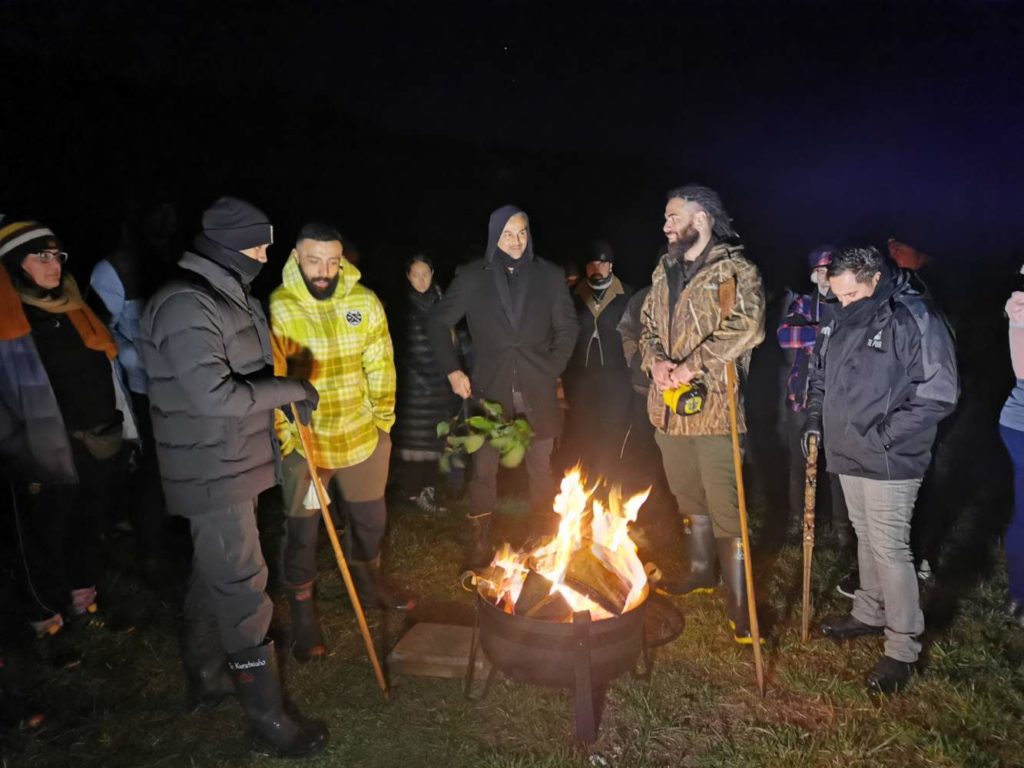
Featuring Te Kurataiaho Kapea, Ranginui Thomas, Scotty Te Manahau Morrison, Mataia Keepa and Anaha Hiini
For more please watch Te Umu Kohukohu Ceremony on Mokoia
Ngā Pātaka Kōrero o Te Arawa was formed in 2018 following a series of wānanga, with the collective goal of building capacity to mobilise Maramataka in Te Arawa.
Ngā Pātaka Kōrero has since grown to deliver Te Maramataka o Te Arawa Toolkit and a movement of of champions; including Eraia Kiel, Davina Thompson, Anahera Galvin, Renee Gillies and Mihi Tibble.
